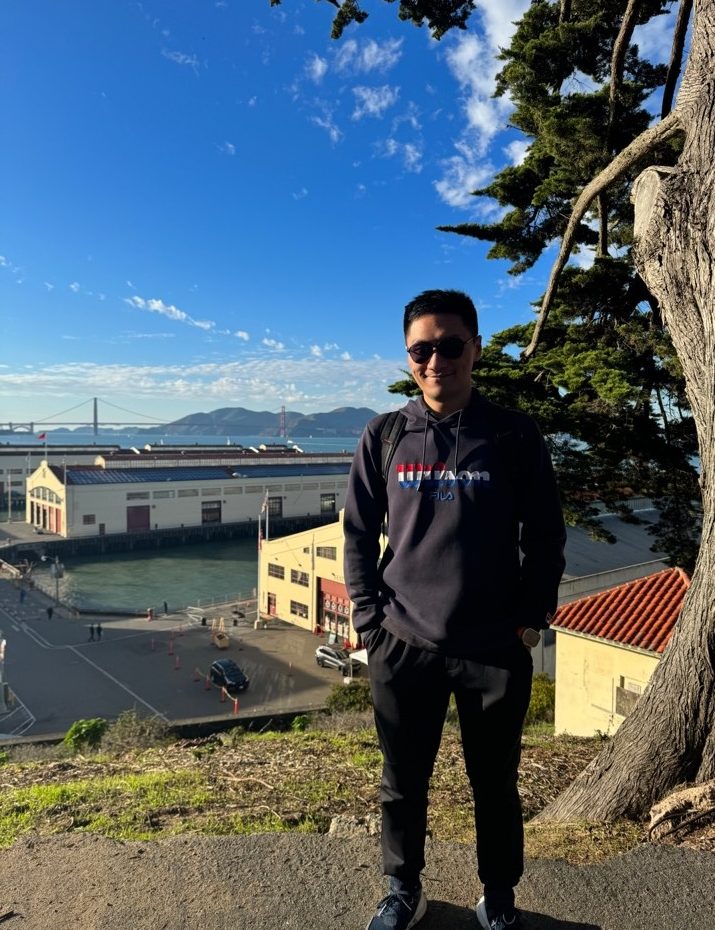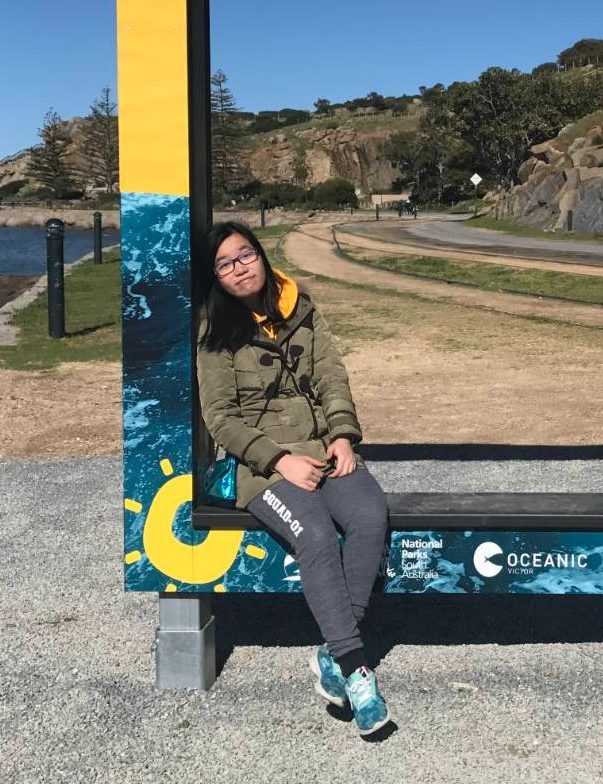Dr. ZHANG Jiewen 張介文
Supervisor: Prof. YANG Hongfeng
Room 307, Mong Man Wai Building

Education
| 2021 | Ph.D. | University of Oklahoma |
| 2016 | M.Sc. | University of Science and Technology of China |
| 2013 | B.S. | University of Science and Technology of China |
Academic Employments
| 2022 - present | Honorary Postdoctoral Fellow, Earth Science System Programme, The Chinese University of Hong Kong |
| 2021 - present | Postdoctoral Researcher, The Chinese University of Hongkong, Shenzhen Research Institute (SZRI) |
Research Fields and Current Research Interests
- Earthquake source physics
- Induced seismicity
- Microseismic monitoring
Representative Publications
| 2021 | Zhang J., Chen X., Abercrombie R.E. Spatiotemporal variability of earthquake source parameters at Parkfield, California, and their relationship with the 2004 M6 earthquake, submitted to Journal of Geophysical Research - Solid Earth, in review |
| 2021 | Zhang J., Chen X., High-resolution source mechanism analysis of microseismicity during hydraulic fracturing. In prep |
Honours and Awards
| 2012 | Outstanding Student Award (USTC) |
Professional Activities
Current
| Japan Geoscience Union (JpGU) Member |
Past
| American Geophysical Union (AGU) Member |
| Seismological Society of America (SSA) Member |
Teaching
Past
| Geology Lab (Lab-GEOL1114), Spring 2020, University of Oklahoma |
| Global Geophysics (GPHY4413-001, TA), Fall 2019, University of Oklahoma |
| Global Geophysics (GPHY4413-001, TA), Fall 2018, University of Oklahoma |
Selected Recent Publications
- Zhang J., Chen X., Abercrombie R.E. (2021) Spatiotemporal variability of earthquake source parameters at Parkfield, California, and their relationship with the 2004 M6 earthquake, submitted to Journal of Geophysical Research – Solid Earth, in review
- Zhang J., Chen X., Abercrombie R.E. (2021) Evaluating source parameters resolution of small earthquakes from multiple factors – An example at Parkfield, California, in prep
- Zhang J., Chen X., (2021) High-resolution source mechanism analysis of microseismicity during hydraulic fracturing. In prep
- Abercrombie, R.E., Chen, X. and Zhang, J. (2020) Repeating Earthquakes with Remarkably Repeatable Ruptures on the San Andreas Fault at Parkfield, Geophysical Research Letters, 47(23), p.e2020GL089820.https://doi.org/10.1029/2020GL089820
- Chen, X., Pennington, C., Ng, R., Nakata, N. and Zhang, J. (2019) Source parameter analysis of microseismicity during hydraulic fracture: Pinning stress distributions within fracture zone. In SEG Technical Program Expanded Abstracts 2019 (pp. 2128-2132). Society of Exploration Geophysicists. https://doi.org/10.1190/segam2019-3216218.1
- Zhang J., Zhang H., Zhang Y., Liu Q., (2016), Calibrating one-dimensional velocity model for downhole microseismic monitoring using station-pair differential arrival times based on the differential evolution method, Physics of the earth and planetary interiors, 261, 124-132. https://doi.org/10.1016/j.pepi.2016.06.003
- Zhang J., Zhang H., Zhang Y., Liu Q., (2014), Fast one-dimensional velocity model determination for microseismic monitoring using station-pair differential arrival times based on the differential evolution method. SEG Technical Expanded Abstracts: 4832-4836. http://dx.doi.org/10.1190/segam2014-1137.1
Review Articles
- Zhao, J., Ren, J., Zabalza, J., Gao, J., Xu, X., & Xie, G. (2018). Cognitive seismic data modelling based successive differential evolution algorithm for effective exploration of oil-gas reservoirs. Journal of Petroleum Science and Engineering, 171, 1159-1170.







